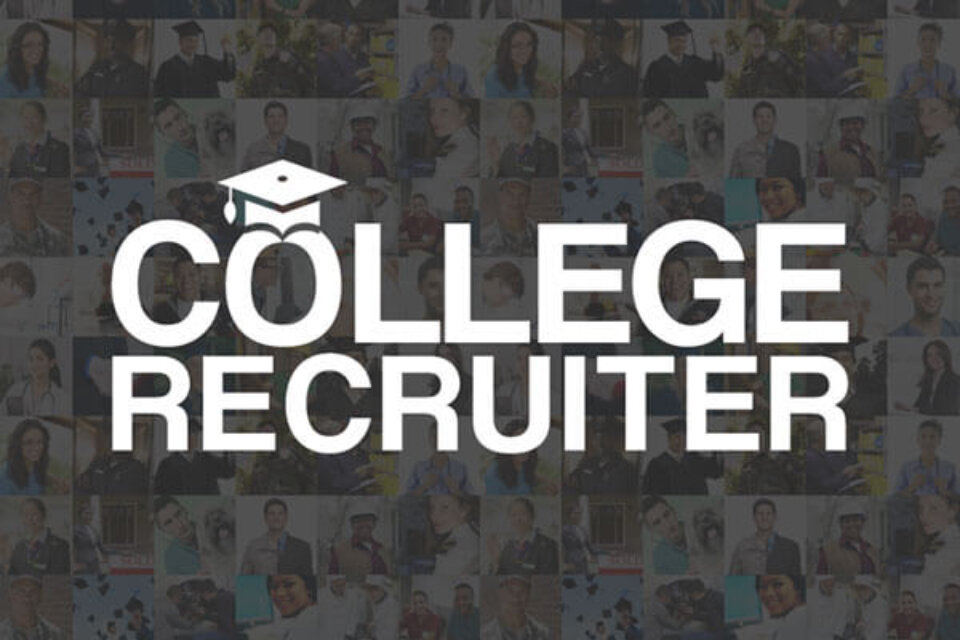
Should you lie on your CV (resume)? was originally published on College Recruiter.
‘Well, they want someone who has experience in that…’ Hm, maybe I can do that. I just haven’t done that before. So you can just put that experience on your CV using the name of a company which isn’t in business anymore and a fictional job title. ‘It isn’t a big deal,’ you may think. But it is. It is called lying. And lying is a big mistake. Why?
Because in today’s fast checking electronic world getting caught is easier than you think. 92% of hiring managers do background checks and pre-employment testing on applicants because they know perfectly well that every 3 out of 5 CVs contain at least one lie about degree, job title or employment dates. If you say you have a B.A. or a Master’s degree, they won’t just take your word for it. Many employers will request a college transcript directly from your school to check if your statement is true. ‘Catching a lie on a CV raises a red flag about a candidate’s overall ethics’, said Rosemary Haefner, vice-president of HR for Careerbuilders.com. Once discovered a lie cancels out all past and future truths in the eye of an employer and frequently colleagues. In our interconnected world with social-networking sites it can make you famous in a day and kill you in a second.
Lying on a CV is becoming a costly problem for employers. That is why they thoroughly check out all applicants’ references more and more. And even if you are lucky to get away with your lies from the beginning it will come back to haunt you. What if your CV is examined as a part of your promotion review? A detected falsehood could make you lose your job all together. You never know who your boss knows or who he will meet – it’s incredible what a small world is. And to remember when and where you lied to cover things isn’t the right thing to go.
But there is a way out: you can present a CV that gets you an interview without having to lie. For this you should keep in mind 5 things:
1) Very few of us have a perfect career history. Don’t panic if you haven’t got the experience they are asking for. If you really want to get a job you can easily pick up the necessary skills. That’s why in your CV or cover letter you should show that though you don’t have the required skills, you have related skills and you’re willing to do whatever is necessary to acquire them. Remember that initiative is more important than experience.
2) If you have gaps in your CV it’s quite OK, because life happens and hiring managers know this. You finished one job, took some time out and started another. This gap was used for active daily job search and acquiring necessary skills.
3) At the same time a CV is a marketing hook to attract the reader to contact you. So disclosing every nut and bolt of your past isn’t necessary. Instead, showcase relevant message points that compel reader you’re a perfect fit to their needs. Highlight your talents and downplay your weaker areas.
4) Describe your work experience and achievements in an impressive way. Indicate that you’ve solved problems, achieved goals and accomplished tasks.
5) Describe your responsibilities in more flowery terms. E.g. “answered phones” can be easily transformed into “information and communications disseminator”, “acted as a sales clerk” should be replaced by “handled hands-on customer interaction and boosted company sales”
When you’re finished with your CV put yourself in the interviewer’s shoes and read it carefully. Would you want to hire you?
Article by Resume Builder
Courtesy of the Recruiting Blogswap, a content exchange service sponsored by CollegeRecruiter.com, a leading site for college students looking for internships and recent graduates seeking entry-level jobs and other career opportunities, and posted on JobsinStockholm.



